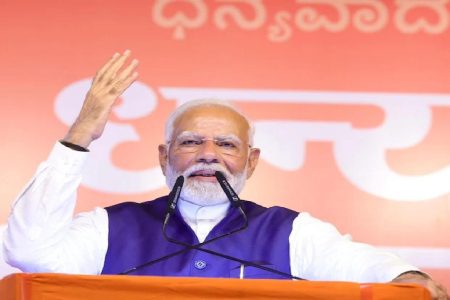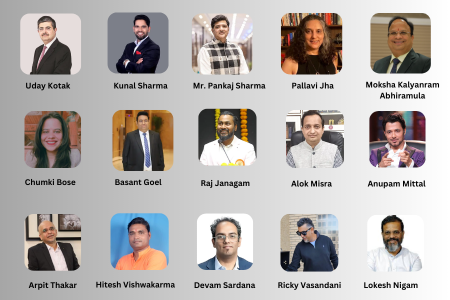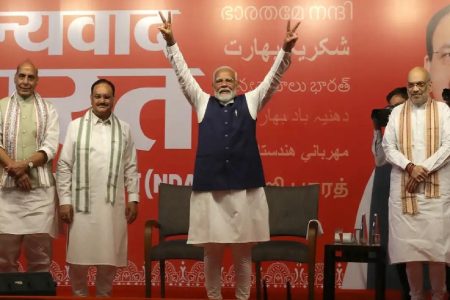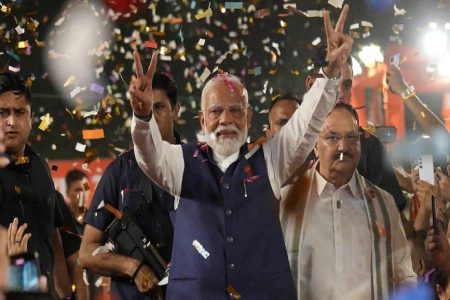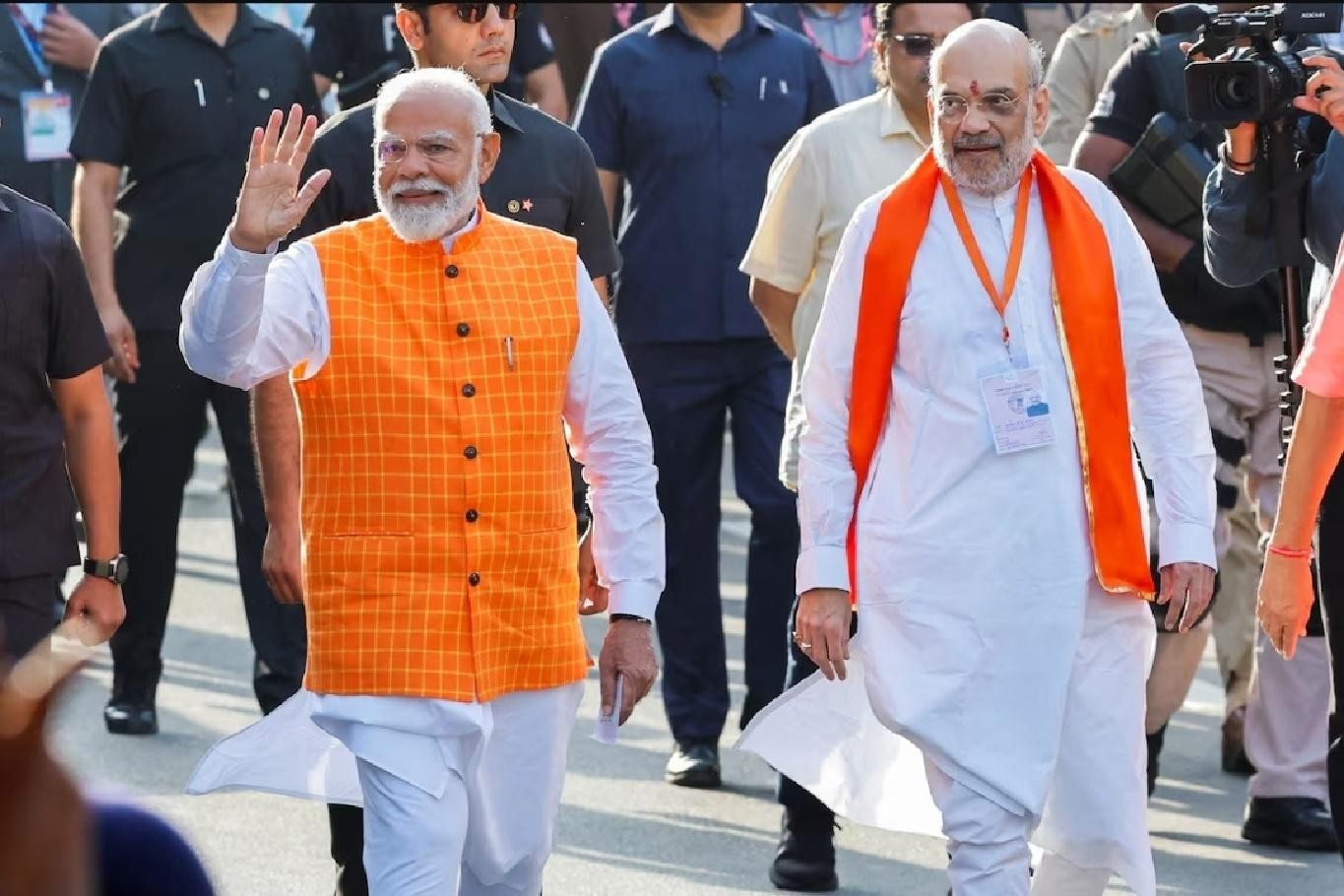
Prime Minister Narendra Modi participated in early voting on Tuesday as India entered the third phase of its extensive general election, determining seats in his home state of Gujarat and 10 other regions. The election, spanning seven phases, commenced on April 19, engaging nearly one billion eligible voters, with the final count scheduled for June 4. Concerns arose regarding voter turnout, as the initial phases saw slightly lower numbers compared to the 2019 polls, with the third phase also indicating a decline at 61.45% compared to approximately 66% previously.
Modi, seeking a rare third consecutive term, faces opposition primarily from an alliance of over two dozen parties. Despite surveys predicting a comfortable majority for his Hindu nationalist Bharatiya Janata Party (BJP), Modi emphasized the importance of citizen participation in the electoral process, urging them to ensure their health amidst rising summer temperatures. Surrounded by supporters and party members, Modi cast his vote in the Gandhinagar constituency, emphasizing themes of economic progress, welfare initiatives, and national pride throughout his campaign.
While Modi’s popularity remains a cornerstone of the BJP’s strategy, some voters expressed discontent, citing concerns over rising food prices and infrastructure issues. Modi adjusted his campaign tactics after the initial phase, focusing on rallying the party’s Hindu base by portraying rivals as pro-Muslim, despite surveys indicating broader concerns such as employment and inflation. Responding to accusations of targeting minority Muslims for electoral gain, Modi clarified his stance, emphasizing the need for the Muslim community to consider their future growth.
The third phase of polling covers 93 seats across 11 states and territories, including significant regions like Gujarat, Maharashtra, and Karnataka. Compared to the 2019 elections, where the BJP secured over 70 of the 93 seats, tougher contests are expected this time, particularly with the Congress party gaining momentum in Karnataka. Marginal decreases in voter turnout, attributed to factors like summer heat and the absence of a dominant issue, prompted the Election Commission to intensify efforts to encourage voter participation and mitigate the impact of the heat wave.
Among the notable voters in Gujarat was Gautam Adani, chairman of the Adani Group conglomerate, who echoed Modi’s call for voter engagement, emphasizing India’s progress and the importance of democratic participation.

